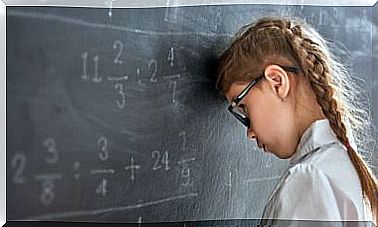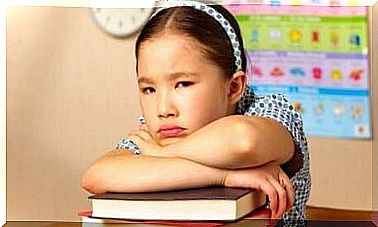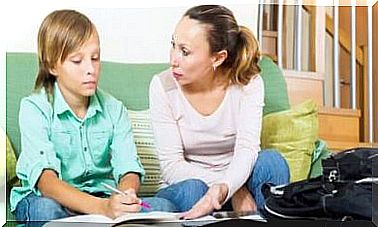Feuerstein’s Theory Of Mediated Learning Experience
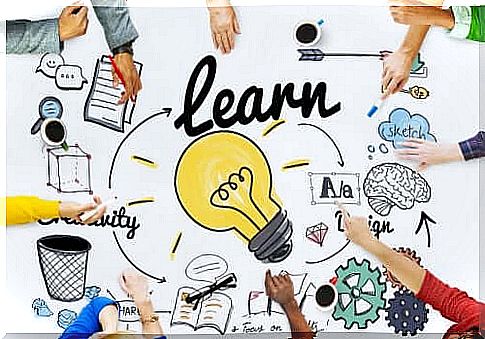
Even today many scholars ask themselves the following question about intelligence: “Is intelligence innate or is it acquired?”. Psychologist Reuven Feuerstein had very clear ideas on the subject. Not questioning the biological aspect of human intelligence, he argued that all people have the ability to develop it through so-called mediated learning. Hence his theory of the mediated learning experience.
Reuven Feuerstein and universal cognitive modifiability
Born in Botosan (Romania) and PhD in Developmental Psychology, Feuerstein has devoted a large part of his life to aspects related to education and to those with great learning difficulties. He is the author of brilliant theories such as the theory of Structural Cognitive Modifiability and the theory of the Experience of Mediated Learning.
Based on these theories, he developed the well-known Learning Propensity Assessment Device associated with the creation of editing environments.
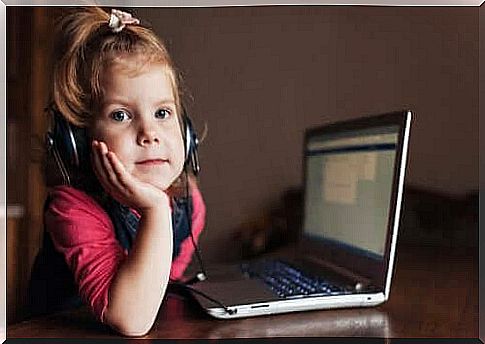
What is the Mediated Learning Theory of Experience?
Following his experience of working with people with minimal levels of education, Feuerstein came to the conclusion that performance can be changed through cognitive processes. In other words, he argued that all people can develop their learning potential.
Based on this premise, Feuerstein formulated his Theory of the Mediated Learning Experience (TEAM). According to the thought of the pedagogue Patricia Gómez, the TEAM refers to the quality of the interaction between the learner and the mediator, in which the mediator selects, expands and interprets the student’s learning process.
In this case, the educator acts as a mediator in the teaching-learning process. However, for Feuerstein, mere supervision and interaction between teacher and student is not enough for the mediated learning experience to occur. Therefore, it is necessary that the mediator is responsible, empathetic, informed and competent to be a good intermediary between the learner and the mediated learning experience.
Furthermore, according to the expert Silvia Ester Orrú, to achieve quality mediated learning, one must start from a positive attitude. That is, on the assumption that the learning potential of every human being can be modifiable.
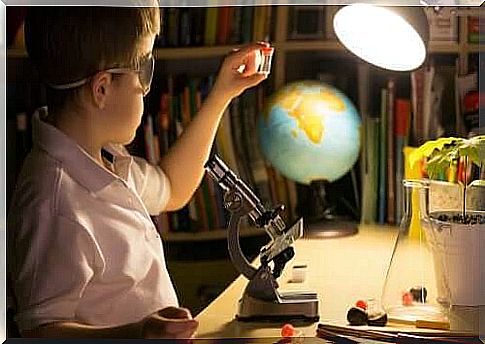
The advantages of applying the Theory of Experience of Mediated Learning
- It awakens students’ interest in participating in their learning process.
- Enhance learning, even when pupils are performing poorly.
- Helps regulate and control behavior. Students learn to use previously learned knowledge to reason rationally and consistently.
- Encourages the active and collaborative participation of students, thanks to the interaction and motivational drive promoted by the mediator.
- It allows to identify and differentiate each of the students from a psychological point of view, considering them an active part in the learning process and able to think independently of the group.
- It allows to improve attention in order to achieve the students’ future goals. Mediated learning encourages individuals to seek, plan, and achieve goals.
- Develop students’ divergent thinking, as well as intellectual curiosity and originality.
To achieve the cognitive development that Feuerstein expounds in his Mediated Learning Theory, we must not forget the main idea of this pedagogical philosophy: the educator-mediator must believe in the ability of his students to be able to change, making them see the potential of learning they possess.
